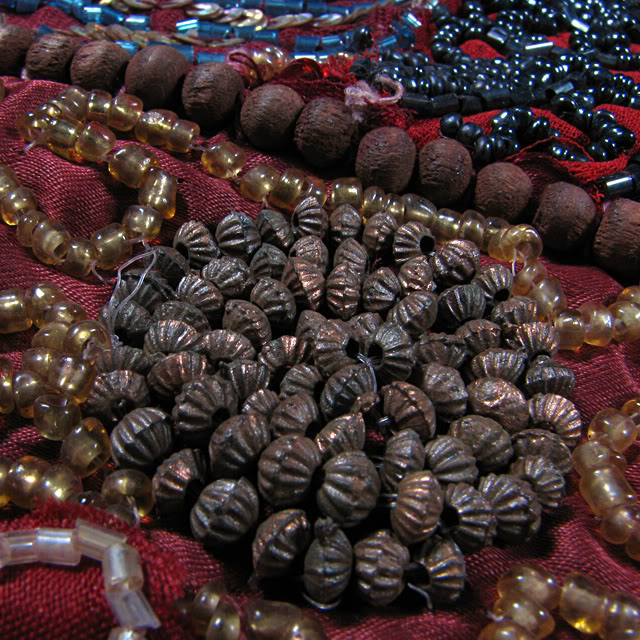===
0743,
2
===

=== |
 |
tanazzuh : 'Being pure, keeping oneself free from vice or stain; studying continence; being modest or chaste'. (Platts p.339)
ālūdagī : 'Contamination, defilement, pollutedness; pollution, stain; foulness, impurity'. (Platts p.78)
māṭī : 'Earth, mould, soil; clay; dust, &c.' (Platts p.978)
aṭnā : To be held or contained; to go or fit (into, - meñ ); to be filled up, be full'. (Platts p.20)
FWP:
SETS == OPPOSITES
MOTIFS == ISLAMIC
NAMES
TERMSThe iẓāfat gives a certain amount of theological flexibility: ālūdagī-e jism could be 'the impurity that is the body' (something essential and inherent); or 'the impurity of the body' (the sins that the speaker committed with his body); or maybe just 'the impurity associated with the body' (the inevitable small embarrassments and pettinesses that are hard to avoid when living in a body).
There's also the hovering idiom ḳhāk meñ milnā , 'to merge into the dust' (or as we say in English so similarly, 'to mingle with the dust')-- in other words, to die. The sense of māṭī meñ aṭnā is very much along those lines (see the definition above). And of course 'dust' or dirt is, both literally and metaphorically, the very emblem of 'impurity'. Those lovely retroflex ṭ consonants too are enjoyably and richly down-to-earth (sorry, sorry); they have a punch of their own. In the world of the Urdu ghazal, such conspicuously desī vocabulary is often used for demotic effect, while Persian is sophisticated and Arabic can be made to sound pompous.
Note for grammar fans: Here's a textbook example of how the perfect forms work differently in Urdu and in English. The speaker has literally said, 'now I mingled in the dust' (or perhaps even, metaphorically, 'now I died'). Of course, in English we would normally say 'now I have mingled in the dust'; the presence of 'now' would almost automatically trigger the present perfect. But time and again we see that this isn't at all the case in Urdu; for more examples, see the GRAMMAR page.